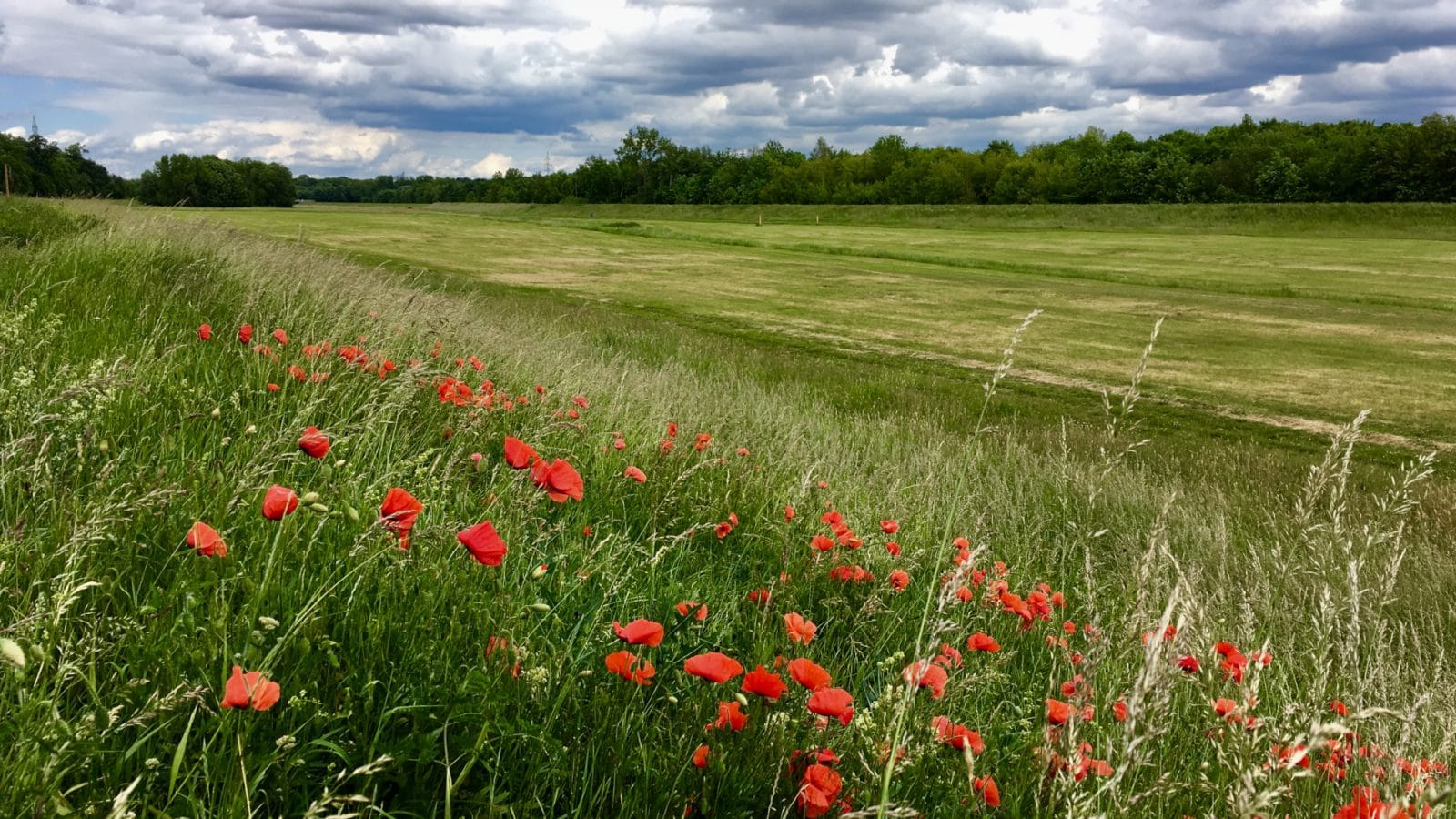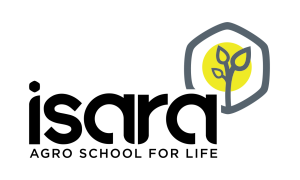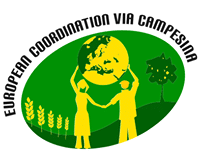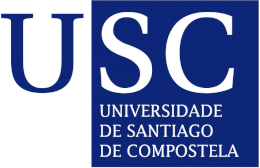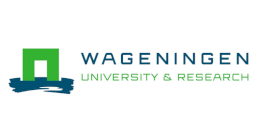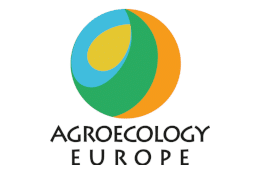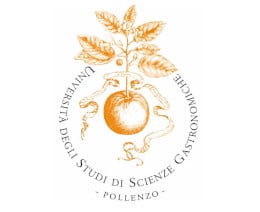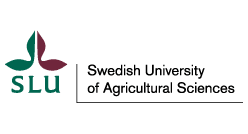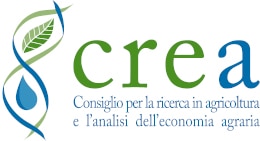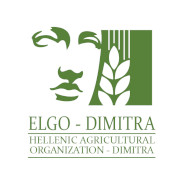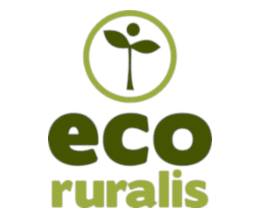Started in January 2021, Agroecology for Europe is a coordination and support action project funded under the European Union’s Horizon 2020 research and innovation programme.
Ø Coming together, sharing experiences
The project gathers 12 European partners from 10 countries bundling different backgrounds, expertise and experience reflecting the diversity within the agroecology field. 5 Universities are involved in the project, working in different research areas: from gastronomy and food systems to plant sciences and agronomy. One of the strengths of the project is to mix research institution as well as university and multi-actor organization. 5 multi-actors organizations are involved in the project, representing the diversity of stakeholder and with a different focus, from the European Coordination of la via Campesina to Agroecologiki in Greece. Two research institutes are also involved: Council for Agricultural Research and Economics (CREA – Italy) and Thünen Institute (Germany) See the full list of the partner below.
Ø A common vision and approach
The transition to sustainable agricultural production systems faces a magnitude of environmental, economic and societal challenges. Agroecology is a key concept for addressing key challenges of agriculture, such as soil erosion and degradation, water quality, loss of biodiversity, food security, access to land, loss of farms, and climate change. Agroecology embraces practice, research, innovation and education, thereby offering the opportunity to transform and rethink our agricultural and food system.
AE4EU adopts a transdisciplinary and participatory approach in order to strengthen European research and innovation in agroecology. Scattered or isolated knowledge about agroecology, in research, practice, education, training and policies, can be brought together and made available to many stakeholders. Furthermore, by enhancing the connections between stakeholders using stakeholder groups, networks and initiatives the development and implementation of agroecology in Europe can be accelerated.
Ø Living labs and research infrastructure as enabler of agroecology
Living labs in agroecology could function as a catalyser of creation of knowledge and practice in agroecology with concrete implementation on the ground supported by interaction with different types of stakeholders. The often more local dynamics can be out- and up-scaled through illustration and outreach of successful transition pathways that aim to be studied and analysed in AE4EU. To foster research innovation Living labs and research infrastructure (i.e. facilities, resources and services that are used by the research communities to conduct research and foster innovation in their fields) are key structures that can be used by all to facilitate growth and reduce the duplication of effort.
Ø Building on existing networks
Thanks to a European network and the involvement of different actors from diverse horizons and sectors, the project will analyse agroecology through its different pillars: a science, a set of practices, and a social movement. AE4EU looks at and maps different initiatives, such as agroecological Living labs and local, regional or national actions to connect actors all over Europe. To foster and grow collaboration and knowledge. between the diverse stakeholders, a European Agroecology Exchange Network Hub will be created during the project. By researching and analysing available funding and existing policies, improvements and recommendations can be made and presented. These activities together are contributing to the aim of accelerating the transition to sustainable agriculture and food systems across Europe.
Ø Six key goals
The project builds on six main objectives, to enable a successful transition to agroecology:
⎆ Increase connection between relevant actors
⎆ Develop skills and methods for developing research infrastructure and Living labs
⎆ Prepare funders for increased and complementary funding of agroecology
⎆ Improve human and social capital
⎆ Improve capacity to tailor policy interventions to specific situations
⎆ Provide a road map and a stakeholder network framework for a European partnership in agroecology
Authors : Baptiste Grard (ISARA) and Kira Miskulnig (Agroecology Europe)

